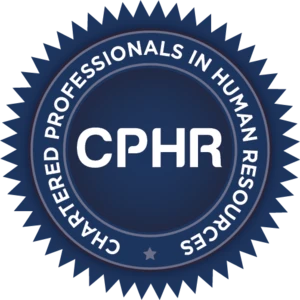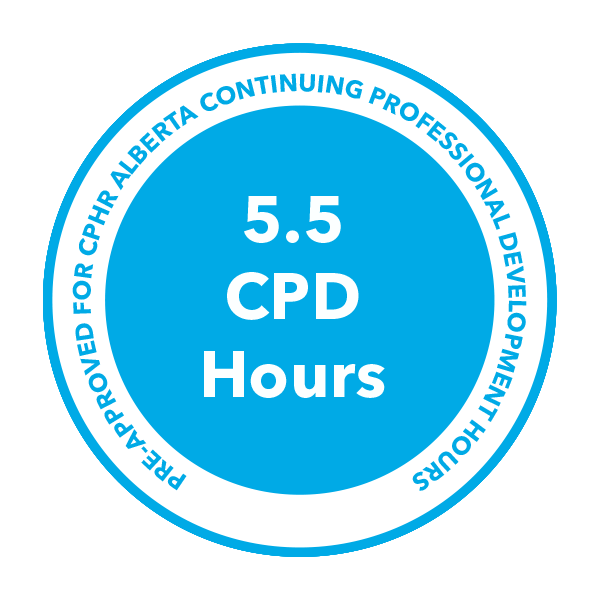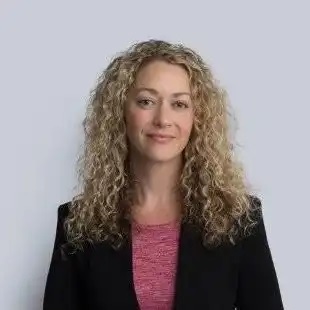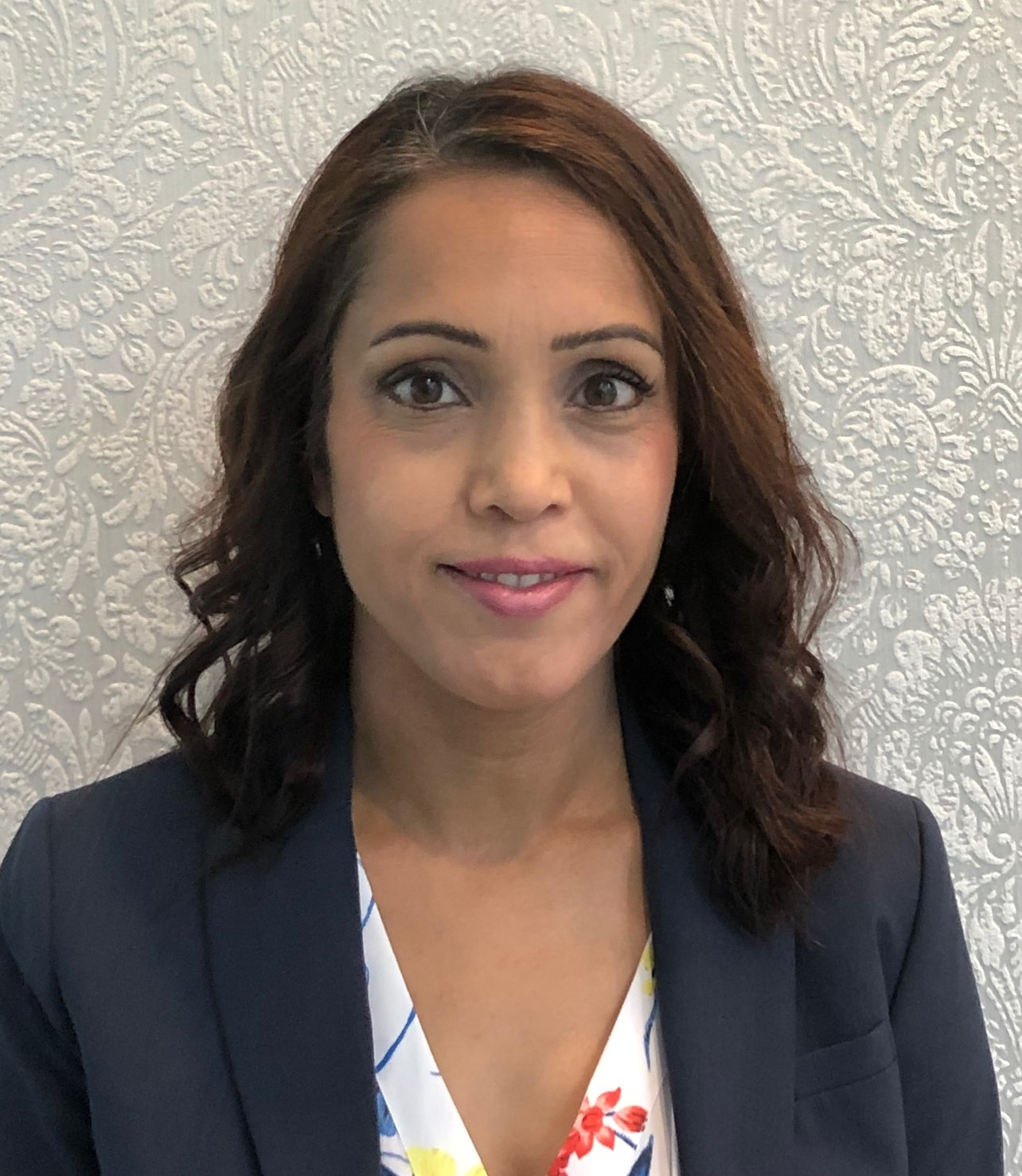Vancouver Human Rights and Accommodation Conference
Conference Co-Chairs
Ryan Goldvine
Mediator/Arbitrator
Goldvine Dispute Resolution Services
Member
BC Employment Standards Tribunal
Group rates are now available with limited space availability:
| Start Date | End Date |
| 04/02/2024 | 04/06/2024 |
| Single | Double |
| $379.00 | $379.00 |
Method of Reservation
Individual Reservations can be made by visiting the link below or calling directly at 1 (844) 254-5048. Callers must identify themselves as being with Lancaster House Publishing in order to qualify for the group rate.
Cut-Off Date
Reservations made by attendees must be received on or before Tuesday, March 12, 2024, after which any reservations made will be based on a space-and rate-available basis.
Conference Advisory Committee
Wednesday, April 3, 2024
*Workshop sold separately from stand-alone conference.
Workshop
Workshop: Before and After the Investigation: Preventing conflict, restoring relationships
Toxic work environments and workplace conflict are detrimental to employees’ wellbeing, can hinder productivity, lead to a high turnover rate, and expose employers to potential liabilities. In this panel, experts will examine how employers and unions can work together to foster healthy work environments through proactive strategies, fair workplace investigations, and effective conflict-resolution initiatives. Specifically, panels will address the following questions:
- What measures can employers and unions implement to foster a safe and respectful workplace?
- How can employers and unions craft effective workplace harassment policies? What key terms should be included? According to arbitrators, what practices should be avoided?
- What steps should unions and employers take in response to employee allegations of a poisoned work environment and/or workplace conflict?
- In what circumstances are employers legally obligated to conduct a workplace investigation? What do recent cases tell us about what constitutes a fair, adequate, and effective investigation? How can employers protect complainants and witnesses from reprisal?
- What is the role of the union in workplace investigations?
- When will an arbitrator award damages to employees who have experienced a poisoned work environment and/or inadequate investigation?
- What steps can employers and unions take to restore relationships in response to workplace conflict and/or allegations of a poisoned work environment?
| Workshop Schedule | |
| Breakfast: | 8:00 am – 9:00 am PT |
| Workshop: | 9:00 am – 10:25 am PT |
| Morning Break: | 10:25 am – 10:40 am PT |
| Workshop: | 10:40 am – 12:00 pm PT |
| Lunch: | 12:00 pm – 1:00 pm PT |
| Workshop: | 1:00 pm – 2:20 pm PT |
| Afternoon Break: | 2:20 pm – 2:35 pm PT |
| Workshop: | 2:35 pm – 4:00 pm PT |
Thursday, April 4, 2024
Breakfast: 8:00 am – 9:00 am PT
Introductory remarks: 9:00 am – 9:10 am PT
In this session, panelists will examine recent noteworthy cases and legislative developments relating to human rights in the workplace. Speakers will discuss the latest cases addressing topics such as:
- absenteeism and requests for medical information;
- caste-based discrimination;
- poisoned workplaces and “zero tolerance” approaches to discrimination and harassment,
- trends in discipline and damages,
- the legality of biometric monitoring,
- and the use of anti-strategic lawsuits against public participation (SLAPP) proceedings to protect human rights-related speech.
The panel will also address recent B.C. and federal legislative initiatives, including:
- Recent B.C. Workers Compensation Act amendments;
- Federal legislation on forced labour.
Final selection of topics will take place in the weeks leading up to the conference, ensuring coverage of the latest and most newsworthy developments.
Break: 10:40 am – 10:55 am PT
In this interactive session, expert panelists will address recent developments in the test for family status discrimination in British Columbia and engage audience members in exercises illustrating practical applications of the test, better equipping employers and unions to navigate family status accommodation requests. Speakers will address questions including:
- What forms of caregiving fall under the protective umbrella of family status accommodation?
- Will a change in the employee’s family circumstances be sufficient to trigger the duty or is an employer-introduced change to the employee’s terms and conditions of employment required?
- How can employers and unions distinguish preferences from substantial obligations? For example, when will a request to work from home to provide caregiving to elderly parents or young children amount to a preference rather than an obligation? What about requests such as leaving work early to enable an employee to pick a child up from school rather than have that child take the bus?
- What constitutes a “serious interference” with a family obligation such that it will be found to constitute family status discrimination?
Networking Lunch: 12:10 pm – 1:30 pm PT
Break: 2:00 pm – 2:15 pm PT
A tension sometimes arises between employee free speech and an employer’s duty to ensure a safe and respectful workplace. How can these arguably competing rights and obligations be balanced? In this session, a panel of experts will address these questions:
- What is the line between safeguarding employee free speech and ensuring a respectful and safe work environment? Do employees have the right to express their views on potentially controversial and/or political matters at work?
- Can employers discipline employees for private statements and/or expressions made outside the workplace?
- To what extent will arbitrators consider Charter rights and values such as freedom of expression in the context of off-duty conduct?
- What is the extent of a union’s duty to represent members who face work-related consequences for their potentially polarizing beliefs? When will a union’s decision not to represent a member constitute a breach of the duty of fair representation?
Closing Remarks: 3:30 pm – 3:40 pm PT
Friday, April 5, 2024
Breakfast: 8:00 am – 9:00 am PT
Introductory remarks: 9:00 am – 9:10 am PT
On a societal level, there is increasing recognition that neurodivergence is a strength, not a deficit, and building inclusive, neurodivergent workplaces makes a positive impact. In this panel, experts will examine how employers can effectively recruit, retain, and accommodate neurodivergent employees, and how unions can support their neurodivergent membership. Specifically, the panel will address the following:
- How can businesses benefit from hiring neurodivergent employees?
- What measures can employers put in place to effectively recruit neurodivergent employees? How can employers support/accommodate neurodivergent applicants throughout the recruitment process?
- Considering the emphasis on self-identification in the neurodiverse community, must employees who identify as neurodivergent provide evidence of a medical diagnosis to access initiatives designed to recruit diverse employees? How should employers respond to these disclosures when they occur?
- How do common stereotypes hinder the inclusion and accommodation of neurodivergent employees in the workplace? What can be done to guard against these stereotypes?
- What should workplace parties know about specific conditions such as Autism Spectrum Disorders (ASD), Attention-Deficit/Hyperactive Disorder (ADHD), and learning disabilities falling under the umbrella of neurodivergence? Do these conditions share any similarities? How might they affect an employee’s work performance?
- What are the signs an employee may be struggling with work performance or workplace relationships because of a neurological difference such as ASD or ADHD? When does the employer have a duty to inquire as to whether the employee in question requires accommodation?
- What are some examples of appropriate and effective accommodations for neurodivergent employees?
- What kind of medical information can employers request from employees seeking accommodation on the basis of neurodivergence? Can a detailed neuropsychological evaluation report be required? How often, if ever, should updated medical information be requested from a neurodivergent employee, who, by definition, has a lifelong condition?
- What accommodations should unions provide to neurodivergent members accessing union services and using union processes?
Break: 10:25 am – 10:40 am PT
In this session, expert panelists will examine recent caselaw addressing workplace investigations and will explore key principles and best practices in conducting fair, adequate, and effective investigations into human rights-related allegations. The panel will address questions including:
- What lessons can be learned from recent cases as to what constitutes a fair and adequate investigation process? What procedural flaws have been found to render an investigation unfair or inadequate?
- When is retaining a third-party investigator necessary? What other alternatives are possible?
- Can the grounds for an investigation be expanded after the investigation has already been commenced – for example, if an investigation reveals issues of systemic discrimination?
- What are best practices for countering unconscious and implicit bias and otherwise ensuring stereotypes and discrimination do not impact the investigatory process? How should investigatory meetings be approached where the person being interviewed has or is suspected to have a disability?
- How much latitude do employers have to order investigations into off-duty conduct? May workplace investigators ask to examine employees’ personal devices, such as laptops or cellphones, which employees use exclusively or primarily for personal purposes?
- How should employers and unions approach investigations into workplace conduct which may have a criminal element?
- What legal avenues are available to employees who wish to challenge what they believe to be an unfair or improper investigation into their human rights allegations?
Lunch: 11:55 pm – 12:55 pm PT
Rhiannon Bennett, from Hummingbirds Rising Consulting, explores the metaphor of a canoe journey to illustrate the importance of collaboration and understanding in fostering positive relationships with Indigenous communities within organizational settings.
This engaging presentation emphasizes the need for HR and union leaders to navigate these relationships with cultural sensitivity, mutual respect, and a commitment to reconciliation for the benefit of all involved.
The general definition of harassment in British Columbia is clear: it is “any inappropriate conduct or comment by a person towards a worker that the person knew or ought reasonably to have known would cause the worker to be humiliated and insulted.” In many instances impugned conduct or comments will clearly meet this definition, but in other cases debate may arise as to whether the alleged harasser ought reasonably to have known that certain comments or conduct would cause humiliation or offence. This session will highlight the degree to which reasonable minds may disagree about whether certain comments or conduct constitute harassment, probe the reasons behind such disagreement, and address questions such as:
- Should a complainant’s subjective feelings of humiliation or offence be determinative of whether certain conduct constitutes harassment? If not, why not?
- What role do a complainant’s personal characteristics – gender and race, for example – play in determining whether certain conduct should be reasonably seen to be offensive? How might a decision-maker’s unconscious bias interfere in the analysis of whether conduct could reasonably be seen to be insulting or humiliating?
- Does workplace culture play any role in determining whether conduct ought reasonably to have been known to be offensive?
- Is the analysis of whether conduct constitutes harassment affected by a friendship or previous romantic relationships between complainant and respondent? What about power imbalances or lack thereof?
- From the employer’s perspective, how is the reasonableness of management action assessed to determine whether or not it constitutes harassment?
Break: 2:40 pm – 2:55 pm PT
In this session, panelists will discuss two recent provincial and federal initiatives aimed at promoting workplace equity. Speakers will address the recent report of the federal Employment Equity Act Review Task Force, exploring broader lessons learned for workplace parties, and will examine the recent introduction of provincial pay transparency legislation as a targeted equity initiative. Questions to be addressed include:
- What changes did the Task Force recommend with respect to how employment equity groups are defined and described under the Employment Equity Act?
- How can employers shift from a “top-down” approach to employment equity to a consultative process which involves unions and employees? What lessons can be learned from the Task Force’s recommendations regarding workplace employment equity committees?
- What problems did the Task Force identify with the concepts of “merit” or “fit” in recruiting and promoting employees? How might unconscious bias or systemic discrimination impact the assessment of an employee’s qualifications?
- How can workplace parties ensure that the collection of employee data for equity-related initiatives is meaningful and appropriate? What common pitfalls have led to what the Task Force deems “superficial data collection”? How can employers and unions measure and evaluate progress toward workplace equity?
- How is B.C.’s Pay Transparency Act expected to address these issues of data collection and discrimination in recruitment and promotion? What new obligations arise for workplace parties under the Act? Are there any mechanisms in place for its enforcement?
Closing Remarks: 4:00 pm PT
CPD

This program has been approved by CPHR BC & Yukon for 10 Continuing Professional Development hours.

This program has been approved by CPHR Alberta for 10 Continuing Professional Development hours.
- This program has been approved by the Law Society of British Columbia for 10 Continuing Professional Development hours.

This program has been approved by CPHR BC & Yukon for 5.5 Continuing Professional Development hours.

This program has been approved by CPHR Alberta for 5.5 Continuing Professional Development hours.
- This program has been approved by the Law Society of British Columbia for 5.5 Continuing Professional Development hours.










































